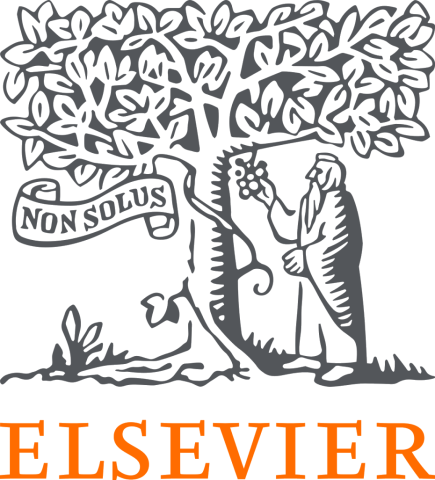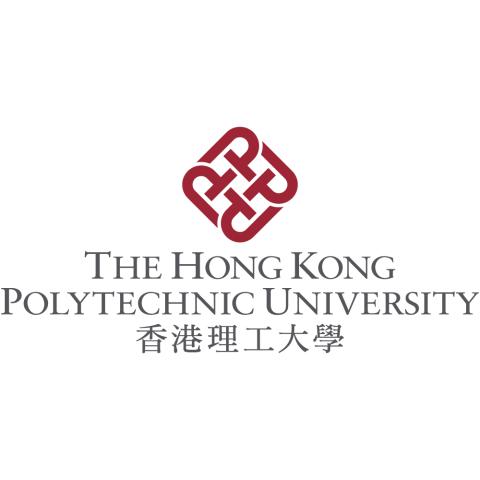
Researchers need support to change the world – here’s how to provide it
To generate world-changing research, the Hong Kong Polytechnic University’s Research and Innovation Office took on the role of fostering collaboration and allocation of resources to allow their academics to focus completely on their work. Lixin Situ outlines how to provide support
Research management
Sponsored by

Elsevier helps researchers and healthcare professionals advance science and improve health outcomes for the benefit of society.
Researchers at Hong Kong Polytechnic (PolyU) draw on the university’s rich heritage, established capabilities and expertise to contribute to technological advancements with the potential to foster a better living environment for everyone. Both frontier and translational research are important in this aim – the former focuses on exploring new discoveries and theories, while the latter aims to address emerging societal issues with practical solutions.
PolyU academics also benefit from our close connections with local communities and industries, allowing them to directly address long-term societal needs and provide impactful solutions. The Research and Innovation Office plays a pivotal role in establishing these connections. We bring together resources, facilities and funding support to strengthen research initiatives.
- Building trust in research: how effective patient and public involvement can help
- How to lose a grant in 10 ways
- Advice for effective cross-team collaboration for research
While we do not directly engage in research activities, we provide comprehensive support that enhances the university’s research development and impact. Our academics are free to focus on their work, findings and potential applications. Zuankai Wang’s research has contributed to groundbreaking discoveries and applications in engineering, while Allen Au’s research on Web3 technology has received a global award and is being deployed in Hong Kong’s new wholesale central bank digital currency project.
Building a research-savvy environment
Fostering collaboration and networking among researchers, both within the university and externally, means creating opportunities for them to connect with their peers. One way to achieve this is by encouraging interdisciplinary research collaborations, which will establish channels for future research cooperation.
Conduct regular workshops and seminars for university staff and academics around the world to promote the sharing of research and insights. Plan these events carefully, focusing on relevant topics.
What’s also vital to a research-savvy environment is support. Providing resources helps fuel the generation of research activity, from experimentation to evaluation. Administration and promotional support are essential for managing these resources effectively.
Supporting funding opportunities
Of course, when conducting research, financial support is crucial. Despite the availability of governmental, institutional and commercial funding opportunities, researchers may not always be fully aware of the options that align best with their requirements. The Research and Innovation Office offers assistance with funding applications. The research grants, like those granted by the Research Grants Council of the University Grants Committee in Hong Kong, require substantial administrative support for the submissions and requirements.
As part of this, we also provide regular workshops for researchers to learn about funding sources, application requirements and proposal writing tips.
By promoting successful grant applications and the dissemination of research impacts, we’ve found a way to help researchers encourage each other. They can highlight their results and showcase their research and innovations by participating in industrial and institutional conferences and themed events.
Promoting research
A nurturing environment for early career researchers and students can help generate an abundance of new ideas and create an enriching research culture.
Recognising outstanding research contributions from young academics can encourage their future research efforts. We’ve set up the Young Innovative Researcher Award to recognise the pioneering and inventive work of researchers under 35 who have demonstrated research excellence in addressing global challenges.
The 2023 recipients came from diverse fields including healthcare, applied physics, AI, electronics and information engineering.
Dealing with challenges
Developing impactful university research entails challenges, but these are essential aspects of the research process. The challenges faced by administration and management include securing funding, fostering interdisciplinary collaboration between researchers from diverse disciplines, and ensuring communication and coordination run smoothly.
During the research process, constraints on time and resources can create issues. Meeting project aims, publishing research findings and seeking promotion opportunities can all present challenges for researchers but are necessary for continued success and ongoing impact.
Publishing research findings and seeking promotion opportunities presents a challenge because we have to find an appropriate angle to promote the finding. For example, this applied physics research on developing optoelectronic graded neurons for perceiving dynamic motion is very technical for a non-scientific audience. So we applied the angle of nature-inspired research from flying insects such as Drosophila to explain the concept.
Research contributes to the progress of knowledge and technology. When it’s impactful, it results in innovative technologies and solutions, fosters economic growth, helps society develop and improves the quality of all our lives. As part of this, collaborations and partnerships with external institutions, industries and government agencies facilitate knowledge exchange and resource sharing, delivering mutually beneficial outcomes. Also, involving students helps provide them with valuable learning opportunities, assists them in developing problem-solving skills and prepares them for their future careers.
Lixin Situ is assistant director at the Research and Innovation Office at the Hong Kong Polytechnic University.
If you would like advice and insight from academics and university staff delivered direct to your inbox each week, sign up for the Campus newsletter.
Research management
Sponsored by




